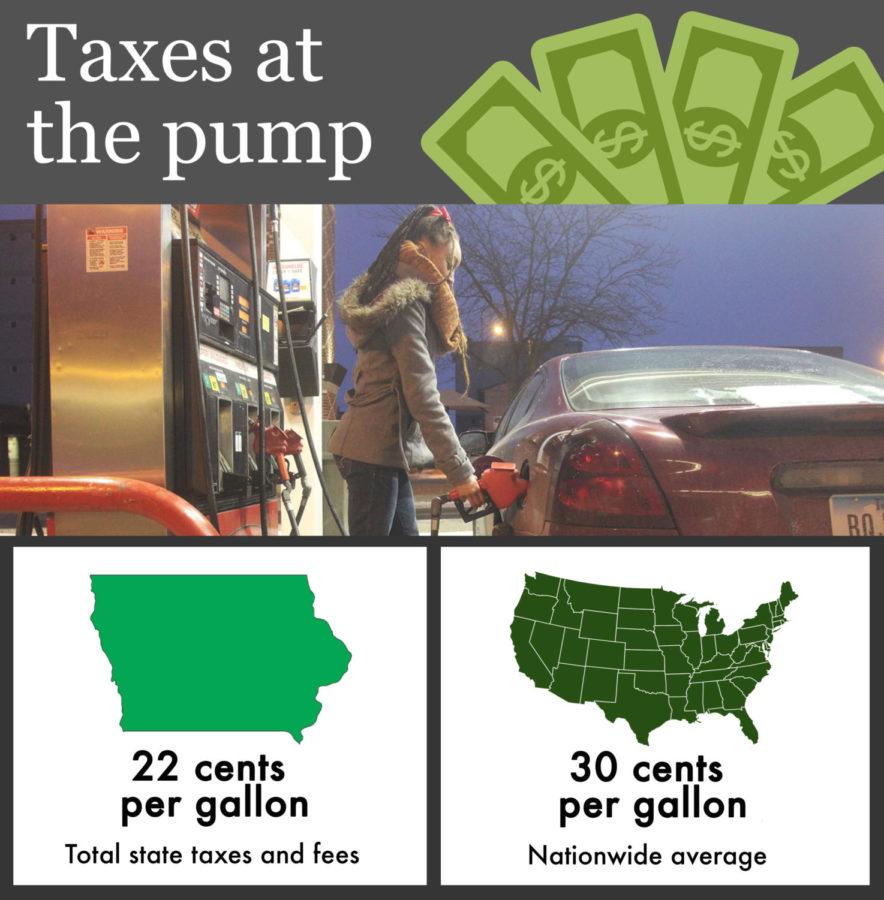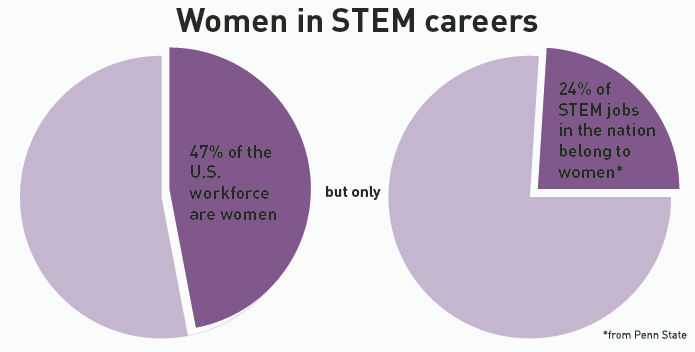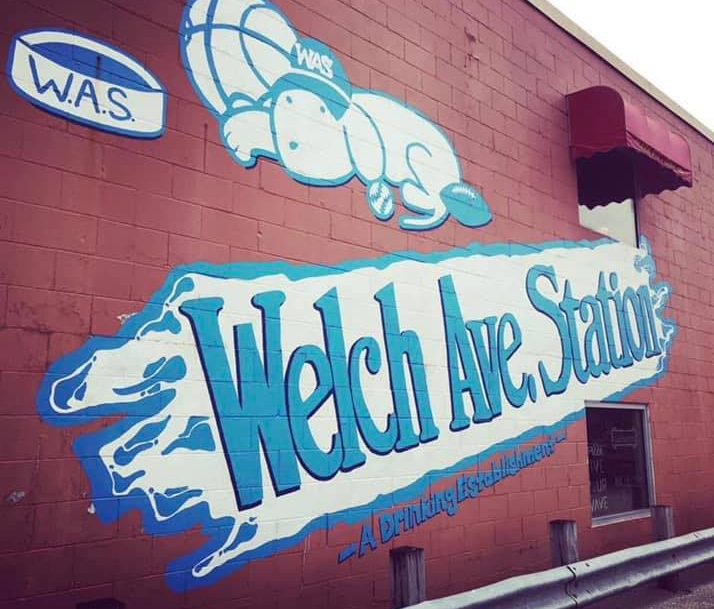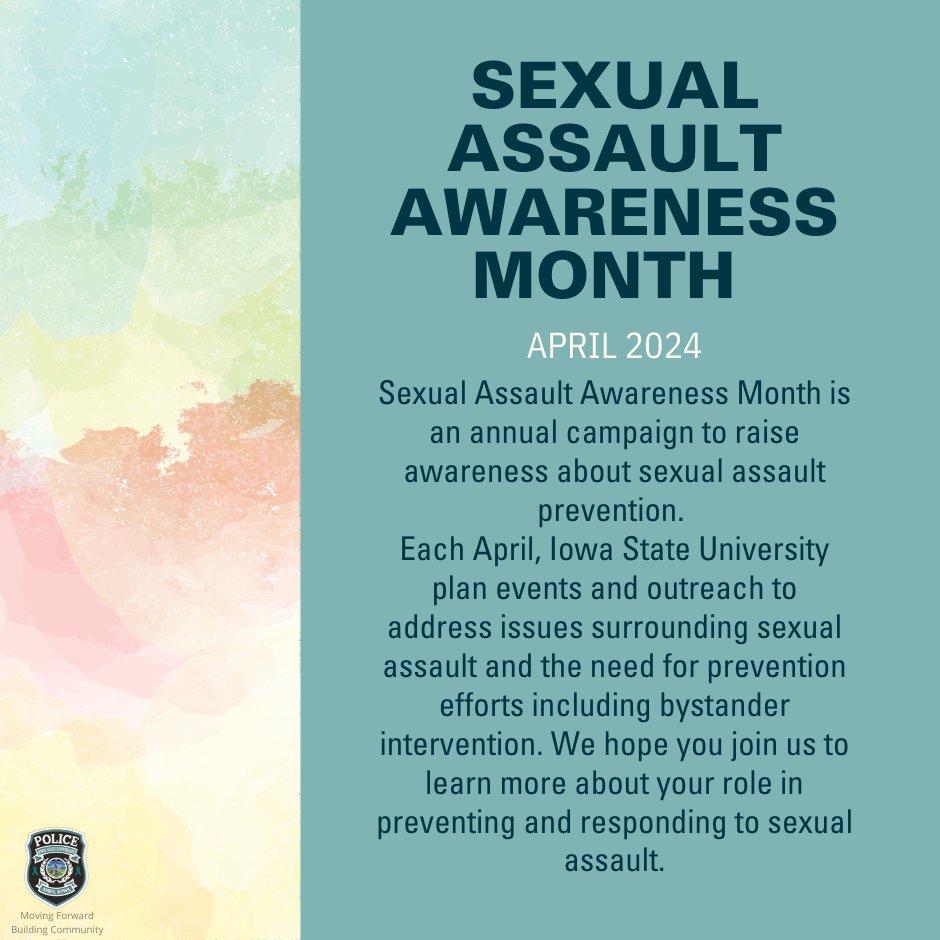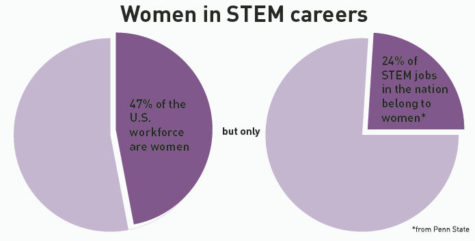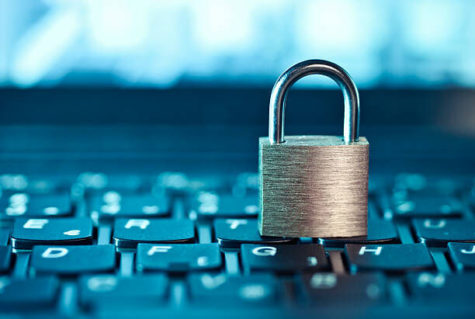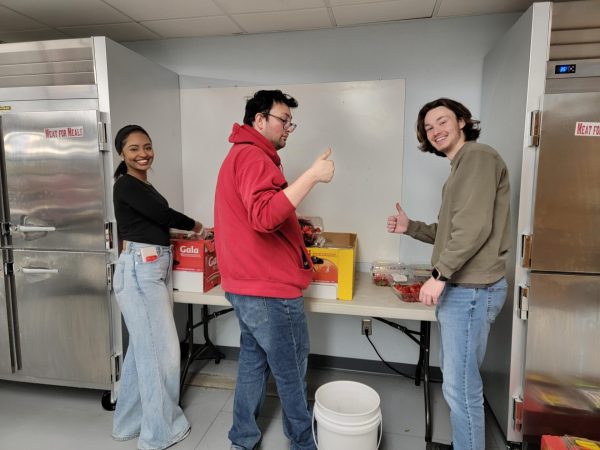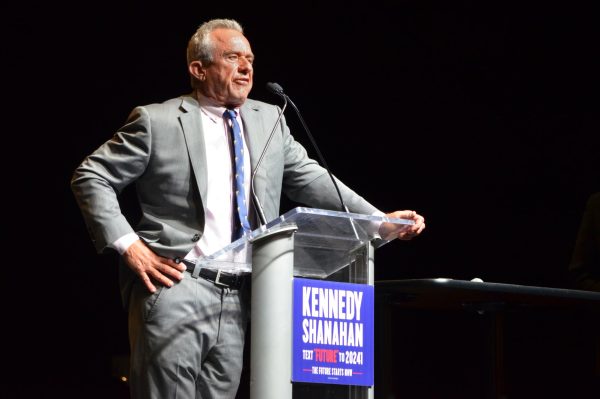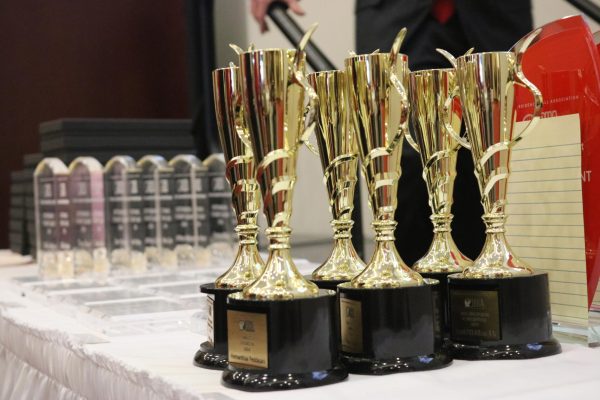Branstad proposes increase to Iowa’s gas tax
Gov. Terry Branstad is proposing an increase in the Iowa gas tax. State taxes and fees for gasoline are used to fund state transportation expenses such as road construction and improvements. Due to lowering gas prices and the high demand to improve Iowa’s roads, Branstad anticipates an increase in state taxes and fees for gasoline.
November 18, 2014
After his reelection to an unprecedented sixth-term earlier this month, Gov. Terry Branstad is eyeing an increase to the state gasoline tax in the coming year.
Iowa Senate Democrats supported the measure in last year’s legislative session, but Republican opposition kept it from passing. This year, Branstad’s possible support of an increase will bring a bipartisan solution.
During a press conference Nov. 6, Branstad told reporters from The Des Moines Register that 2015 may be “the right time” to look at an increase. Branstad said the price of gasoline has gone down recently, making the upcoming legislative session a better time to look at a tax increase.
“Nobody wants to pay more at the pump. People who have to commute or take their kids to school, nobody wants to pay more,” said Sen. Herman Quirmbach, D-Ames. “The question at this point is, ‘What is the alternative?’”
According to TripNet, a national transportation research group, 42 percent of Iowa’s major roads or highways are in “poor or mediocre” condition. They also found that 27 percent of Iowa’s bridges are “in need of repair,” 22 percent of the state’s bridges are “structurally deficient” and 5 percent of bridges in Iowa are “functionally obsolete.”
Iowa has the third-highest share of structurally deficient bridges in the nation. Only Pennsylvania and Oklahoma rank higher.
“We have some percentage of bridges that are ‘structurally deficient,’ but I don’t think there is anything in imminent danger of collapse. But then again, what did we know about that bridge up in Minneapolis?” Quirmbach said, referring to the Interstate 35 bridge collapse that killed 13 and injured 145 in May 2006.
Quirmbach said legislators have been told the past few years that the Department of Transportation has been underfunded by a few hundred million dollars and cannot continue to maintain Iowa’s roads and bridges with the current funding level.
Iowa’s current gasoline tax is between $0.19 and $0.22 per gallon, depending on what type of fuel is purchased. Iowa has not seen an increase in the state gasoline tax since 1989.
While the governor stopped short of endorsing any specific plan on the gasoline tax, Quirmbach mentioned the idea of continuing a flat tax per gallon, which is currently in place, but also instituting a percentage tax.
“If the price of gasoline rises over time, and I expect over the next decade it will, the amount of revenue generated [with a percentage tax] will naturally increase in line with the inflation of the gasoline price,” Quirmbach said. “That’ll keep us from having this kind of deadlock where we are right now or have been the last couple of years.”
Quirmbach said that proposal is something to look at but also would not give a specific amount he would support in an increase.
“It’s a matter of how to generate the revenue that we need to maintain our highways, keep them safe, fill the potholes and make sure we have adequate capacity to keep down traffic congestion,” Quirmbach said. “We’ll have to look at the revenue needs and target any increase to meeting those basic needs.”
Jonathon Laudner, president of the ISU College Republicans, said the legislature should first work to make the Department of Transportation more efficient so they can save money. Laudner also recommended taxing agricultural use of roads, which may have more wear and tear, then giving a tax credit back to those farmers.
“A lot of people are hesitant to ask for a little bit of help from farmers. They are the ones who use them the most, especially rural roads,” Laudner said. “One thing I’ve thought about is [that] we tax the agricultural use of diesel fuel a few cents per gallon and then those farmers are able to get that back as a tax credit at the end of the year.”
Branstad said he plans to work with both sides in the upcoming legislative session.
Quirmbach said that if Branstad were to endorse a specific increase in the gasoline tax, he believes that both sides would work together to get something accomplished.
“It’s never a politically easy vote to raise any taxes,” Quirmbach said. “If the governor were to endorse a gasoline tax increase, you would probably find leadership on both sides of the aisle.”
Quirmbach said with leadership from the governor’s office, the odds of an increase “would be fairly good.”
Laudner agreed, saying Branstad and his lieutenant governor, Kim Reynolds, have worked with the legislature in the past.
“I think they can absolutely work together. They worked together really well last year and did a lot of good things,” Laudner said. “I think there are certain things that are beneficial to the state as a whole that can get done. Gov. Branstad and Lt. Gov. Reynolds are really good at bringing both sides together.”
The 86th session of the Iowa General Assembly will convene Jan. 12.

